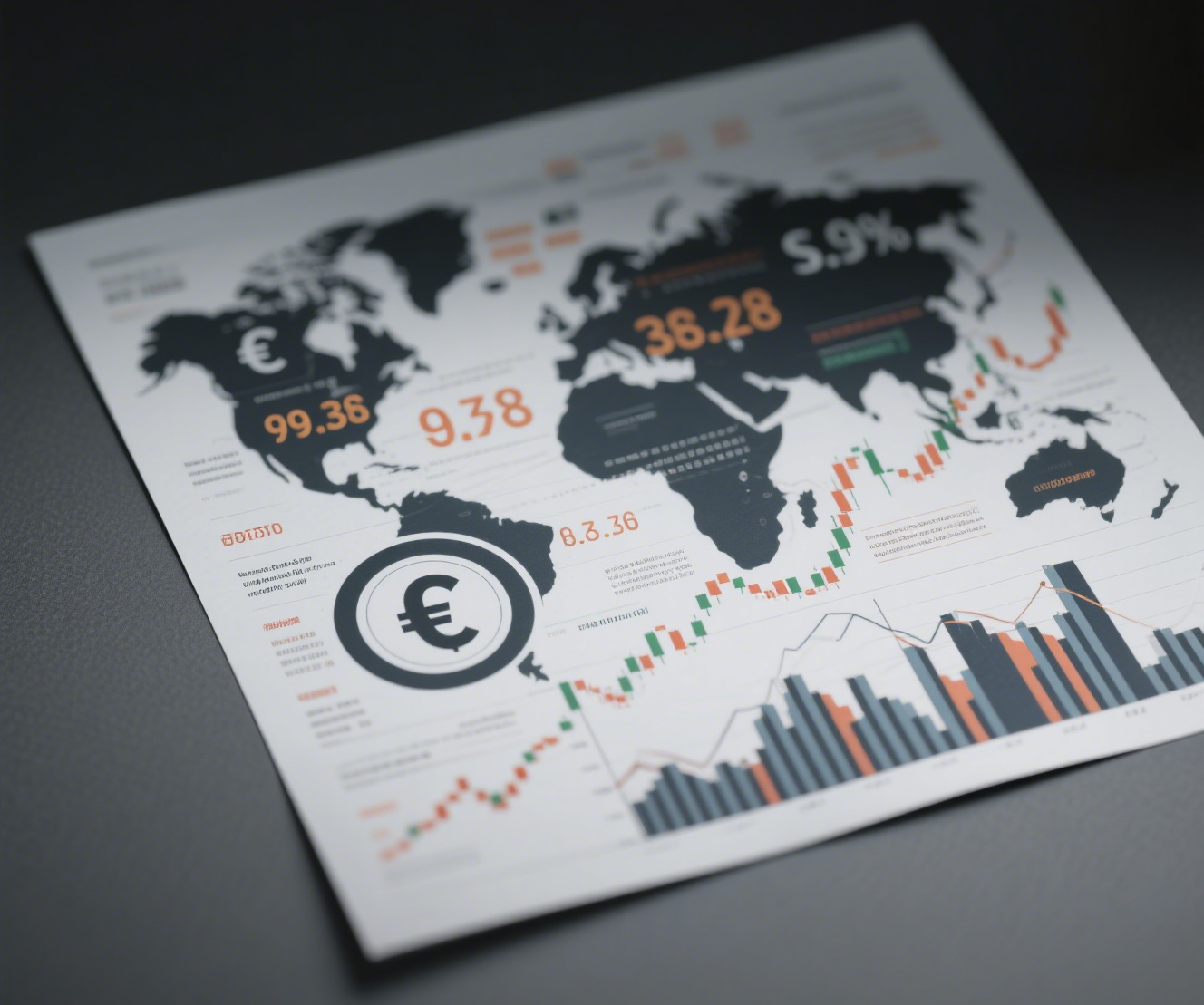
Introduction to Forex Investment: Essential Basics of Forex Trading
-
Concept of Forex Trading: Forex trading refers to the exchange of one country’s currency for another. Simply put, it is the act of exchanging two different currencies. For example: Euro/US Dollar (EUR/USD) or US Dollar/Japanese Yen (USD/JPY).
-
Basic Structure of the Forex Market: The world’s major forex trading markets include Sydney (Australia), Tokyo (Japan), Singapore, Hong Kong, Frankfurt (Germany), London (UK), and New York (US). Among these, New York and London are the two largest forex trading hubs.
-
Forex Market Trading Hours: The global forex market operates 24 hours a day, from 8:00 AM Beijing Time on Monday to 4:00 AM Beijing Time on Saturday. However, the trading hours can generally be divided into two peak periods: 3:00 PM–6:00 PM and 8:00 PM–12:00 AM Beijing Time.
-
Exchange Rates: Simply put, an exchange rate is the relative value between two currencies. In the forex market, one of the most confusing aspects is forex quotes. Since most forex transactions are based on the US dollar, the rise or fall of other currencies is measured against the dollar. Therefore, it is essential to understand the quotation formats.
There are two main types of forex quotes:
(1) Direct Quote: This shows how much of a foreign currency is needed to buy one US dollar. For example, EUR/USD = 1.1105 means 1 Euro = 1.1105 US dollars. If the number increases, the currency (Euro) appreciates (rises); if it decreases, the currency depreciates (falls). Direct quotes include GBP, AUD, NZD, and EUR.
(2) Indirect Quote: This shows how much of a foreign currency can be bought with one US dollar. For example, USD/JPY = 117.88 means 1 US dollar = 117.88 yen. If the number increases, the currency (yen) depreciates (falls); if it decreases, the currency appreciates (rises). Indirect quotes include JPY, CAD, and CHF.
-
Comparison Between Forex Margin Trading and Stock Trading.
-
Advantages of Forex Margin Trading Over Bank Spot Trading.
-
How to Use Fundamental Analysis in Forex Trading: The key factors affecting forex market fluctuations include interest rates, central bank policies, international political situations, and a country’s economic conditions. Therefore, to analyze the forex market using fundamental factors, one must have a basic understanding of these elements.
















